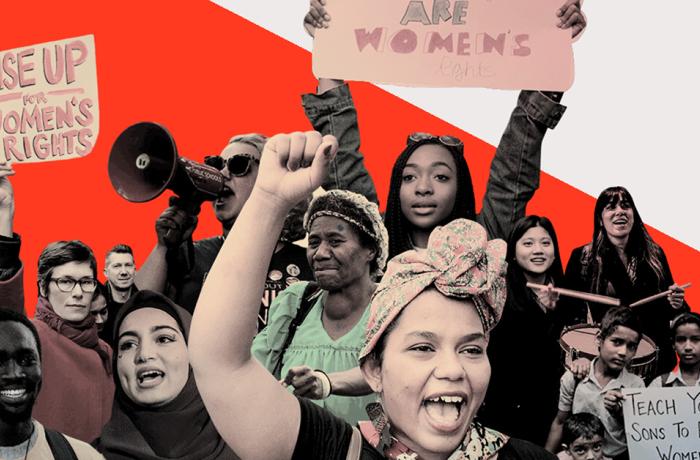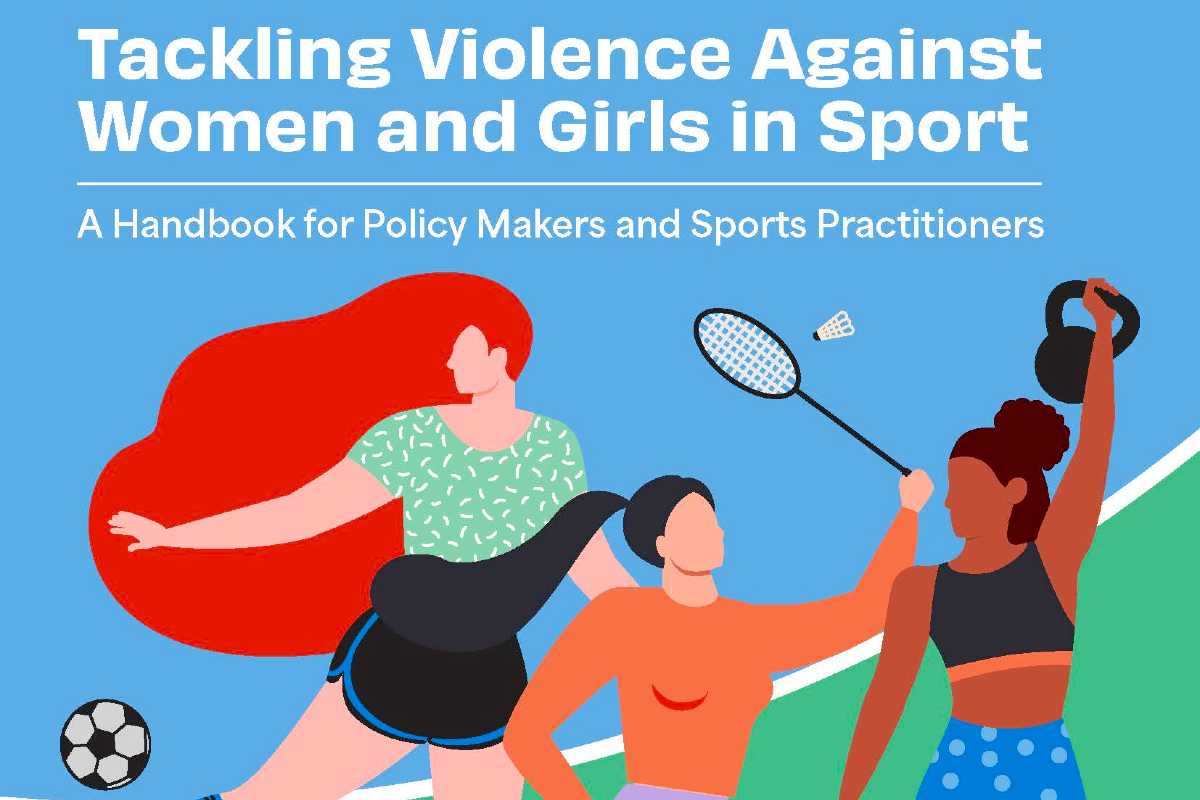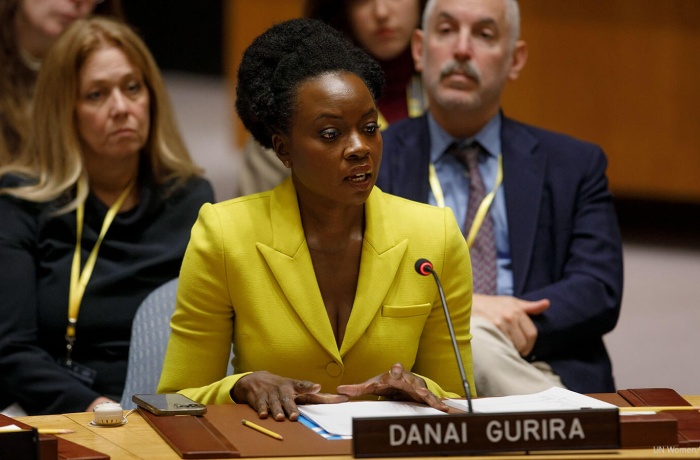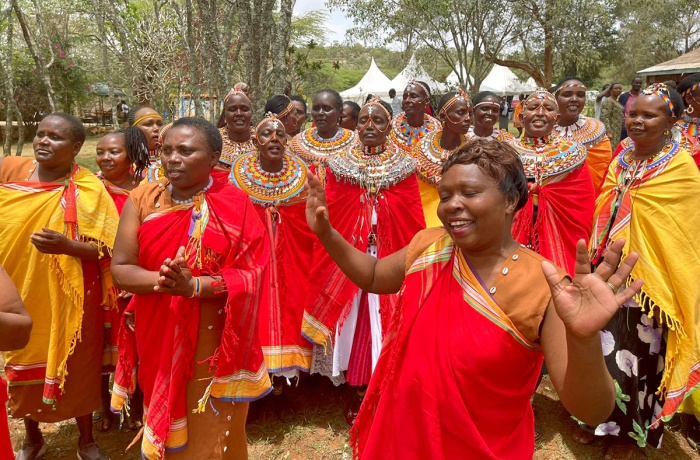Four actions to forge workplaces free from sexual harassment and violence
Gender equality and safe working environments can only be achieved in a world free from violence and harassment. Governments, civil society, and the private sector have critical roles in advocating for and adopting prevention measures to foster safe work environments for all, particularly women and girls who are at greatest risk.
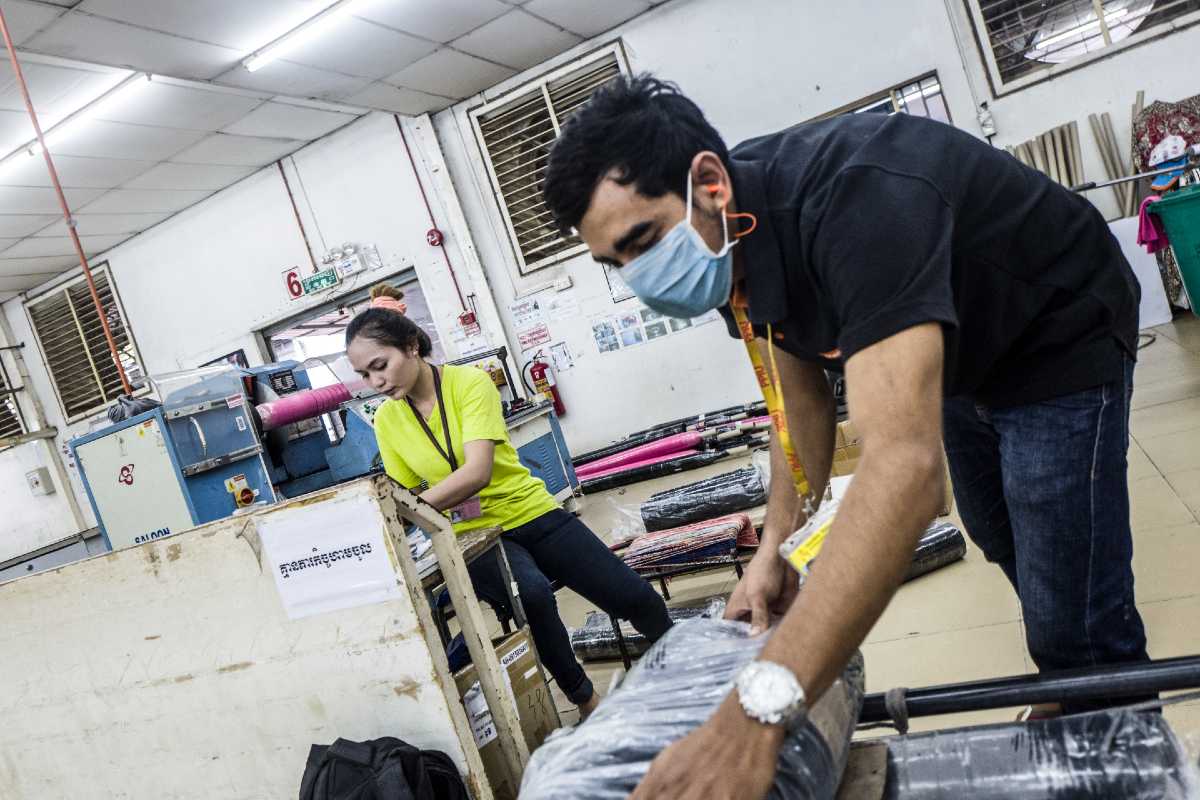
More than one in five people have experienced violence in the form of physical, psychological, or sexual harassment at work. Women are disproportionately affected by workplace sexual violence and harassment, with more than 8 per cent experiencing some form of harassment or violence compared to 5 per cent of men.
In sectors where women constitute a majority of the workforce, the data are staggering. More than 35 million women work in the garment sector in Asia and the Pacific and they make up 80 per cent of the work force. The International Trade Union Confederation found that most garment workers in Cambodia, Brazil, and Indonesia had experienced gender-based violence at work.
Certain groups of women and girls are at particular risk. For instance, young women are twice as likely as young men to have experienced sexual violence and harassment. Migrant women are almost twice as likely as non-migrant women to report sexual violence and harassment.
In recent years, more than 140 countries have adopted legislation addressing these issues, but more must be done to enforce laws, hold perpetrators accountable, and prevent violence from occurring in the first place.
Through the Generation Equality Forum, a multi-stakeholder initiative convened by UN Women, the Action Coalitions on Gender-based Violence and Economic Justice and Rights have pledged to combat and eliminate gender-based violence and harassment in the workplace by developing strategies, policies, and initiatives in line with global standards. Register your interest in joining this collective commitment.
Here are four key actions to drive changes in the workplace:
Developing policies to combat workplace harassment
In June 2019, the International Labour Conference adopted a pioneering treaty, ILO Convention No. 190, that recognizes the universal right to a world of work free from violence and harassment.
As of October 2023, 32 countries have ratified the ILO Convention, obliging them to establish laws and policy measures to combat workplace violence and harassment for all workers, including those in the informal sector.
Civil society organizations are leading the way in advocacy efforts to forge safe working environments by calling on governments to implement Convention No. 190.
More than 1,000 organizations have signed a letter by the Coalition to End Violence and Harassment in the World of Work calling for the universal ratification of the Convention under the #RatifyC190 campaign.
Civic groups are also instrumental in putting pressure on employers by urging them to roll out internal policies to combat sexual harassment and foster safe and inclusive environments.
Employers have a duty of care to protect employees through clear and comprehensive policies that support survivors and promote safe environments.
Governments also play a key role in laying the foundations so that policies designed to protect women from violence prosper.
A surge in high profile sexual assault cases in the Netherlands, for example, prompted the government to appoint its first #MeToo commissioner, who was tasked with creating a national action plan to combat inappropriate behaviour and sexual harassment.
India’s Sexual Harassment of Women at Workplace Act is a good example of a comprehensive policy that clearly defines what constitutes sexual harassment and recognizes the right to gender equality and a safe working environment for all. The 2013 Criminal Law Amendment Act backs this bill up with rigorous penalties.
Creating safe workplaces through collaboration
Governments, employers, workers, and other stakeholders must join forces to establish workplaces free of all forms of violence against women and ensure no one is left behind.
Initiatives like the Kering Foundation’s “One in Three Women” encourage companies to support survivors through a European network that shares best practices, resources, research and an e-training available in seven languages.
Since its inception in 2018, the Network brings together 16 companies including Kering, an Action Coalition co-leader of the Generation Equality Gender-based Violence coalition, and L'Oréal, Korian, BNP Paribas, Carrefour, the OuiCare Solidarity Fund, Publicis, SNCF, L'Epnak, Pwc, l'Agence Française de Développement (AFD), Orange, Superga Beauty, Air France, Sanofi, and La Poste.
The world of work is an important entry point for addressing the harmful social norms and behaviours that underpin all forms of gender-based violence including domestic violence which impacts on women workers.
Collaborations with civil society organizations to implement transformative prevention activities are key to creating safe working environments.
Conducting research on gender-based violence at work
Research and data collection on gender-based violence are essential for prevention, response, and advocacy efforts.
Women working in the garment manufacturing sector in South Asia, are exposed to sexual harassment at work daily and experience violence, which is used as a tool to ensure productivity, according to the global union federation IndustriALL.
The IndustriALL report also warned that the stigma tied to reporting sexual harassment and the weak enforcement of laws discourages workers from reporting abuse.
Data from a study by ILO found that economic losses linked to sexual harassment and violence in the workplace account for between 1 and 3.5 per cent of national gross domestic product.
The same study, which included psychological violence, sexual harassment and, bullying within its definition of violence in the workplace, said that these expenses related to medical costs, welfare costs in connection with premature retirement and loss of productivity.
Empowering workers by building capacities
Governments and employers can significantly strengthen gender-based policies and programs, promote the representation of women in decision-making, and ensure sufficient funding and investments are made available for combatting sexual harassment and other forms of violence in the workplace. This includes through collaborating with trade unions and other workers associations.
In Argentina, the Micaela Law, which was named after a femicide victim who was murdered in 2017, mandates gender training for all state employees with the aim of dismantling deep-rooted stereotypes and biases that could influence public policies or the actions of state officials.
In the private sector, the Accor hotel group, a co-leader of the Generation Equality Gender-based Violence coalition, runs a global eLearning programme that is mandatory for managers to combat sexism, sexual harassment, and domestic violence. It also operates an alert line available to all staff who need to report an incident.
Initiatives like these actively address violence and sexual harassment in the world of work by promoting safe environments devoid of bias. In practice, this leads to empowered and informed employees who have the tools and framework to progress in their careers irrespective of their gender.






